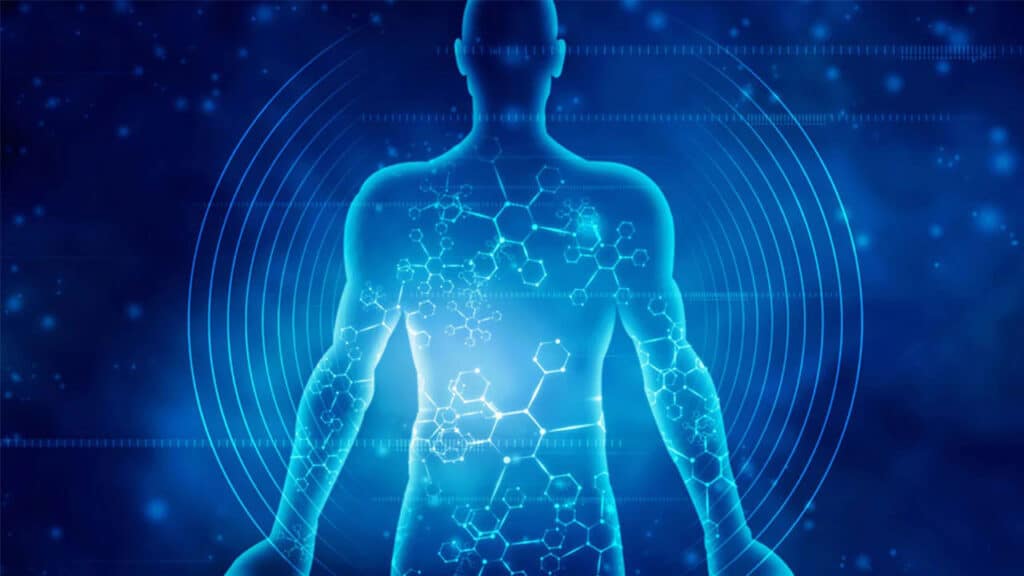There are lots of exciting areas for scientists to explore as they try to conquer the secrets of longevity. One that has been receiving increasing attention, even though the research is still in the early stages, is the role of autophagy.
“Autophagy” is a fancy-sounding word that’s originally from Greek. It means “self-devouring”. In particular, it refers to your cells devouring themselves, or at least the parts that are dysfunctional or otherwise unnecessary. Cells can become damaged over time, and autophagy removes the damage. Sometimes it outright destroys it, and other times it’s recycled and put to better use elsewhere.
It seems autophagy contributes to all sorts of important bodily processes, although the mechanisms are complex and not fully understood. The liver appears to be significantly influenced by autophagy. Autophagy also has a major role to play in the immune system, where it removes toxins and infections, controls inflammation and may help detect invaders like cancer earlier.
The relationship between autophagy and cancer is a complicated one. According to the research so far, sometimes autophagy helps fight cancer and other times it may make it worse (depending on the progression of the tumor). It is thought that, in some cases, suppressing autophagy may have potential as a cancer treatment. This is in contrast to treating neurodegenerative diseases such Parkinson’s and Alzheimer’s, where encouraging autophagy and its anti-inflammatory properties may be more effective.
As you can imagine, scientists think a better understanding of autophagy has major implications for health and longevity. Some research is looking into ways that we may be able to switch it on or off as required, perhaps by using medication. There is also some evidence that fasting may be able to trigger autophagy.
When we fast, our cells receive less energy and nutrients. That means they need to work harder just to ensure your normal bodily processes can continue. Removing ineffective parts through autophagy becomes more important, so that only the efficient parts of the cell are left and can work without hindrance. Some researchers are also investigating whether exercise may increase autophagy.
A lot of the research on autophagy so far has been done on animals, so there’s a long way to go before we can apply it reliably to humans. If the early results are good, however, the study of autophagy has huge potential to treat aging and associated conditions.




